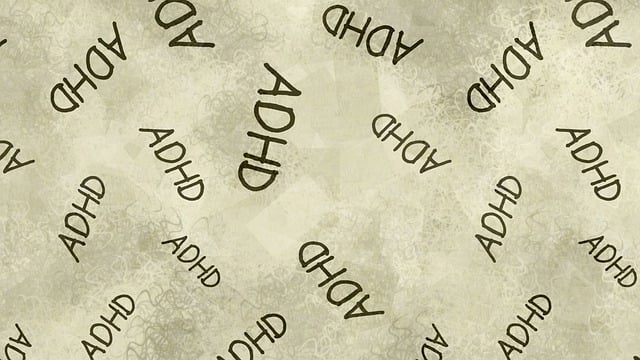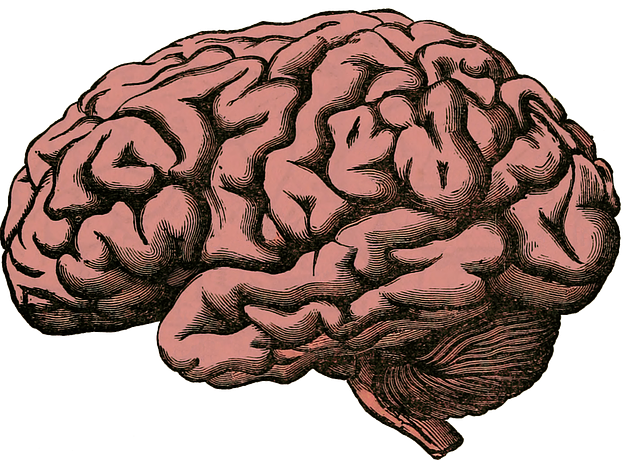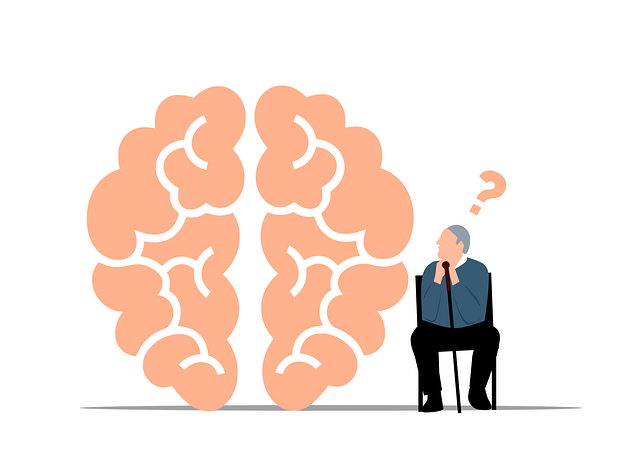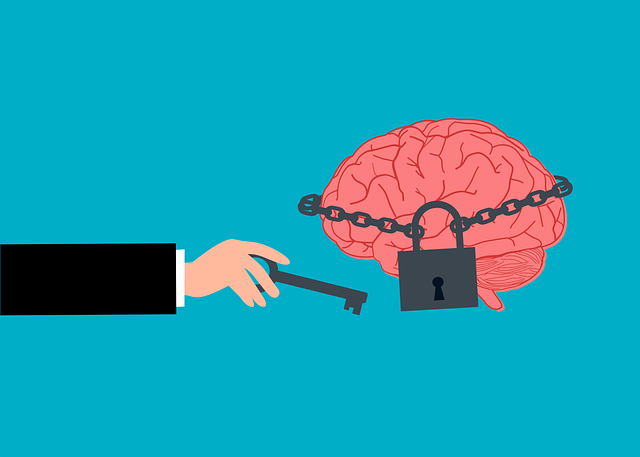Understanding Mental Illness Diagnoses emphasizes the collaborative process behind diagnosing mental health issues, led by professionals like those offering Lafayette Relationship Issues Therapy (RTI). Through comprehensive assessments and techniques such as mindfulness meditation and mood management, individuals are empowered to participate actively in their healing. Effective RTI often involves talking therapies that foster self-awareness and open communication, addressing underlying challenges using methods like CBT or solution-focused approaches. The ultimate goal is personal growth, including enhanced self-esteem, achieved through safe exploration of thoughts, emotions, and behaviors related to interpersonal connections. Success depends on selecting a therapist with the right background and methodology, backed by positive client testimonials. With proper support, recovery from mental illness is achievable, combining therapy, coaching, and communication skills for improved mental wellness.
Mental illness diagnoses can be complex, but understanding the process is a vital step towards recovery. This article guides you through the intricate world of mental health evaluations, offering insights into how professionals unravel diagnostic mysteries. We explore various treatment options, emphasizing the significance of tailored Lafayette Relationship Issues Therapy for optimal well-being. Additionally, discover supportive strategies to enhance your journey towards effective management and a fulfilling life.
- Understanding Mental Illness Diagnoses: Unraveling the Process
- Navigating Treatment Options: Finding the Right Lafayette Relationship Issues Therapy
- Supportive Steps for Effective Recovery and Management
Understanding Mental Illness Diagnoses: Unraveling the Process

Understanding Mental Illness Diagnoses: Unraveling the Process
Navigating a mental illness diagnosis can feel like a complex labyrinth, but it doesn’t have to be an overwhelming journey. At its core, the process involves a collaborative effort between individuals and healthcare professionals, such as those offering Lafayette Relationship Issues Therapy. This typically begins with comprehensive assessments designed to uncover unique symptoms, underlying causes, and personal experiences. Therapists employ various tools, including clinical interviews, questionnaires, and sometimes specialized tests, to gain an accurate picture of one’s mental health.
Throughout this journey, mindfulness meditation and mood management strategies emerge as valuable tools. They aid in self-awareness and emotional regulation, empowering individuals to actively participate in their healing process. Empathy building strategies, integral to Lafayette Relationship Issues Therapy, also play a crucial role. By fostering deeper connections with therapists, clients gain insights into their experiences and develop coping mechanisms tailored to their specific needs, paving the way for effective treatment and improved overall well-being.
Navigating Treatment Options: Finding the Right Lafayette Relationship Issues Therapy

Navigating treatment options for Lafayette Relationship Issues Therapy can feel overwhelming. With various approaches and modalities available, finding the right fit is essential for effective healing. Many individuals struggling with relationship issues benefit from talking therapies, which encourage self-awareness exercises and open communication to identify and address underlying challenges. Therapists specializing in these areas often incorporate techniques from cognitive behavioral therapy (CBT), mindfulness practices, or solution-focused approaches to help clients improve their relationships and overall mental wellness.
The journey towards better mental health involves personal growth, including self-esteem improvement. Lafayette Relationship Issues Therapy offers a safe space for individuals to explore their thoughts, emotions, and behaviors related to interpersonal connections. Through tailored interventions and support, therapy sessions can enhance self-awareness exercises, enabling clients to develop healthy coping mechanisms and build stronger relationships. Consider exploring different therapists’ backgrounds, methodologies, and client testimonials to find a practitioner who aligns with your needs, ensuring a successful path toward mental wellness and improved self-esteem.
Supportive Steps for Effective Recovery and Management

Navigating a mental illness diagnosis can be overwhelming, but with the right support and strategies, recovery and effective management are achievable. The first step involves accepting the diagnosis and acknowledging that it’s okay to seek help—this is a sign of strength. Many individuals find solace in therapy, particularly Lafayette Relationship Issues Therapy, which focuses on improving communication and resolving underlying conflicts. This form of therapy empowers patients to develop inner strength by fostering self-awareness and healthy coping mechanisms.
Additionally, enrolling in Mental Wellness Coaching Programs Development can offer tailored guidance for each individual’s unique journey. These programs often incorporate Communication Strategies as a core component, teaching participants how to express their feelings effectively while fostering understanding and support from loved ones. By combining therapy, coaching, and communication skills, individuals can gain valuable tools to enhance their mental wellness and lead fulfilling lives.
Mental illness diagnosis and treatment can be a complex journey, but with the right guidance, recovery is attainable. By understanding the process of diagnosis and exploring tailored treatment options like Lafayette Relationship Issues Therapy, individuals can take significant steps towards managing their mental health effectively. This comprehensive approach ensures that those seeking support receive the specialized care they need, fostering a path to improved well-being and a brighter future.














